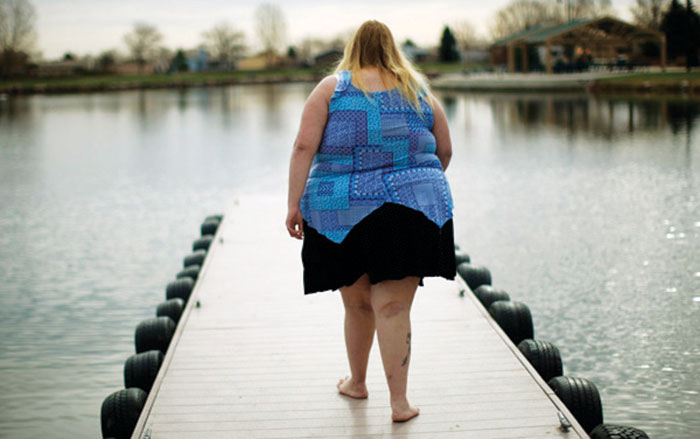
For overweight adolescents, experiencing discrimination or bullying in the first year of middle school may contribute to emotional issues seen in the third year by worsening loneliness and anxiety, a study suggests.
“We know that heavier youth are likely to be dissatisfied with their bodies at any one time,” said lead author Jaana Juvonen of the University of California, Los Angeles.
“However, we were surprised at our longitudinal findings: that we can predict emotional problems during the last year in middle school (eighth grade) based on youth’s BMI during the first year (sixth grade) in middle school when taking into account whether they have been mistreated by peers because of their weight,” Juvonen told Reuters Health by email.
The researchers used data from a larger long-term study of 26 California middle schools, where data on body mass index (BMI), a measure of weight relative to height, was collected for about 5,000 kids in the spring semester of sixth grade – their first year in middle school – and again in seventh grade and eighth grade, the final year of middle school.
The kids, who were racially and ethnically mixed and about 52 percent female, also answered questions each year about their own emotional health, including body dissatisfaction, social anxiety and loneliness. They rated their experiences of bullying on questionnaires including items on exclusion, disrespectful treatment, threats or name calling by their peers because of their weight.
At each grade level, almost a quarter of kids were overweight or obese based on BMI categories and one third of the entire group said they’d experienced at least one weight-based discrimination in seventh grade.
Researchers found that individual kids’ perceptions of weight-based discrimination in seventh grade were a better predictor than actual BMI of their body dissatisfaction, social anxiety and loneliness in eighth grade, according to the report in Journal of Clinical Child and Adolescent Psychology.
The results document an important process by which being overweight potentially leads to poorer mental health, said Joseph P. Allen of the University of Virginia in Charlottesville, who was not part of the new study, by email. “Even after accounting for where they started, adolescents who experienced discrimination were more symptomatic two years later.”
“With non-experimental research, we can never prove causality,” Juvonen said. “And we can obviously not randomly assign heavy youth to conditions where some get discriminated by their peers and others do not.”
Still, “when no one wants to sit with Skyler or Skyler never gets invited to parties or is publicly humiliated in front of others, it is easy to see why Skyler feels lonely or socially anxious,” Juvonen said.






Leave a Reply